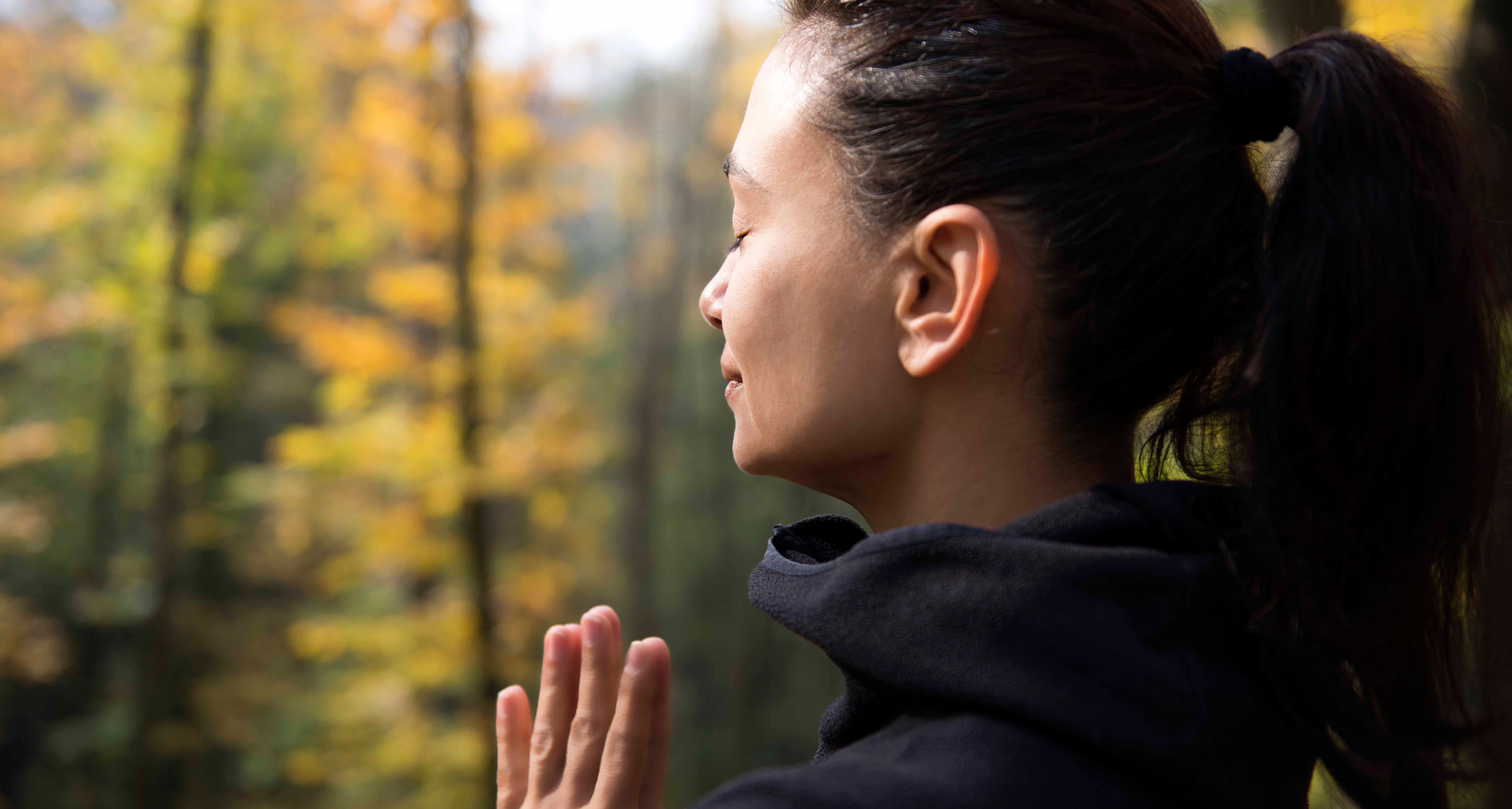Take a Breath, Change Your Mood


The key to changing your mood could be as simple as taking a few breaths. The foundation of meditation; breathing consciously, is an easy way to focus your mind and improve how you’re feeling.
“Consciously controlling your breathing can affect your state of mind because it helps distract you from negative thoughts that can be triggering anxiety or other types of emotional dysregulation,” says Dana Carretta-Stein, a New York-based mental health counsellor. “When we bring our attention to our breath and focus on slowing those breaths down, we’re able to trigger our body’s natural calming mechanisms – known as the parasympathetic nervous system. Just by controlling your breath, you’re able to access calming sensations, which not only help you feel better, but also help you to be able to think more clearly.”
Tom Ingrassia, founder of the MotivAct Group, a personal development coaching company, says he uses breathing exercises whenever he feels anxious or stressed. He takes three deep breaths and recites a mantra to himself: Every in-breath is a new beginning, every out-breath is a letting go.
“The simple act of breathing and reciting this mantra bring[s] almost instant calm to my inner being. It helps me to clarify my situation, set my goals and then have the ability to take the next step toward my goal. Moment by moment. Step by step,” Ingrassia says.
Another mantra he uses is: Breathe in peace. Breathe out joy.
Carretta-Stein recommends belly breathing, also known as diaphragmatic breathing.
“Start by placing one hand on your chest, and one hand on your belly,” she says. “Breathe regularly and notice which hand rises when you breathe in. If your upper hand rises on the in-breath, then you are an anxious breather! To reverse this, make your belly expand as you breathe in and imagine bringing your breath all the way to the bottom of your belly. Then, as you breathe out, flatten your stomach and bring your navel to your spine. You can practise this by regulating your breathing by counting – four seconds in, hold for four seconds, and four seconds out, [which is] known as square breathing.”
By taking the time to pace your breath, Carretta-Stein says, you will be able to:
- Slow your heart rate
- Think more clearly
- Feel calmer
- Experience a deeper sense of relaxation
- Sleep better
- Lower your blood pressure
